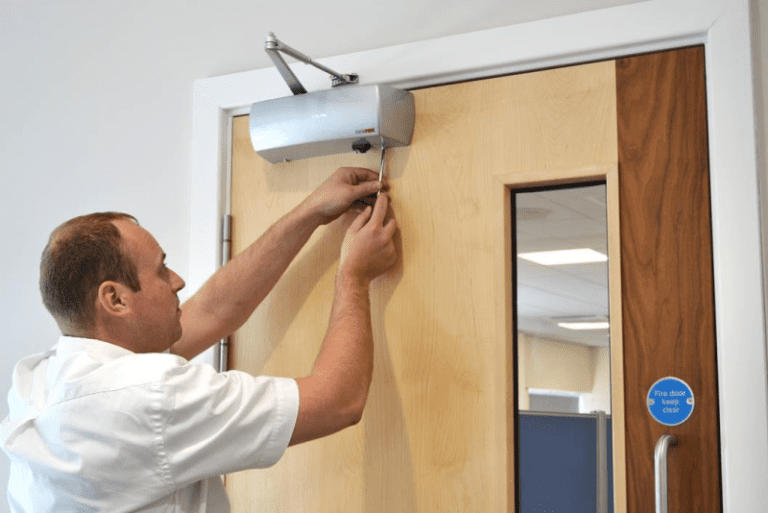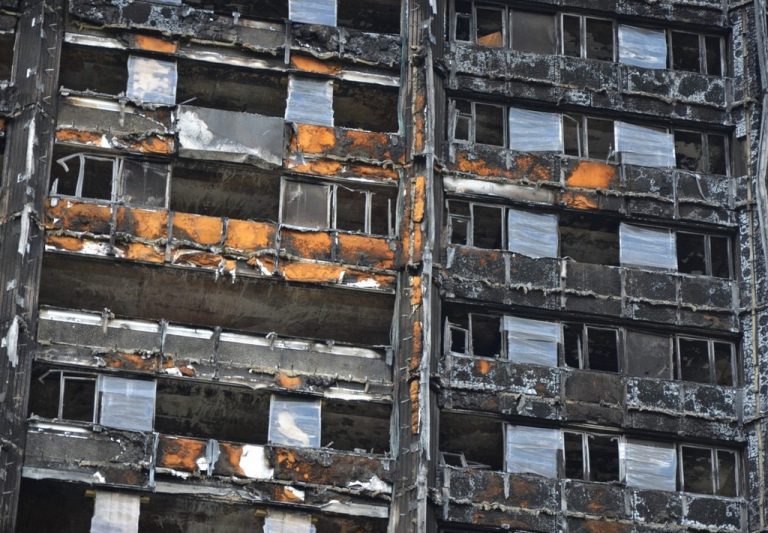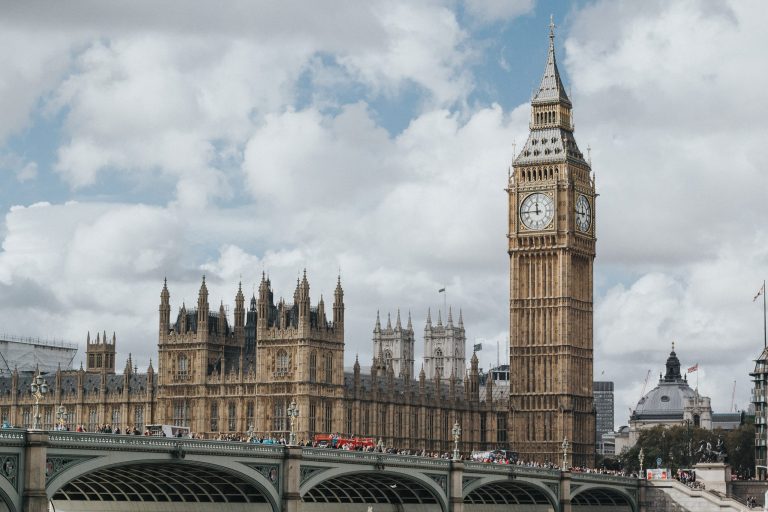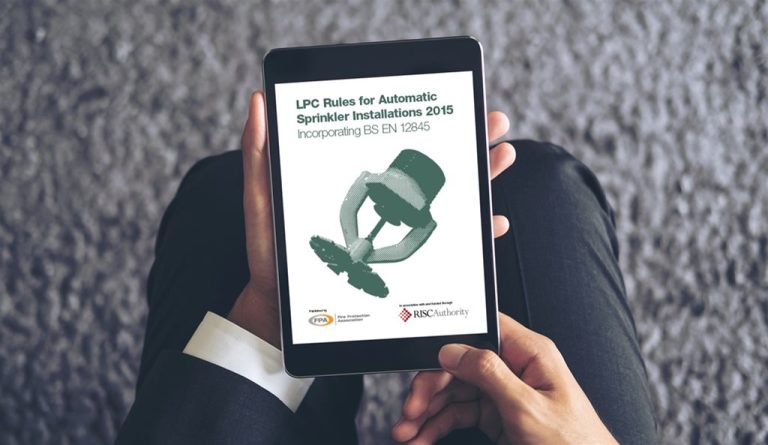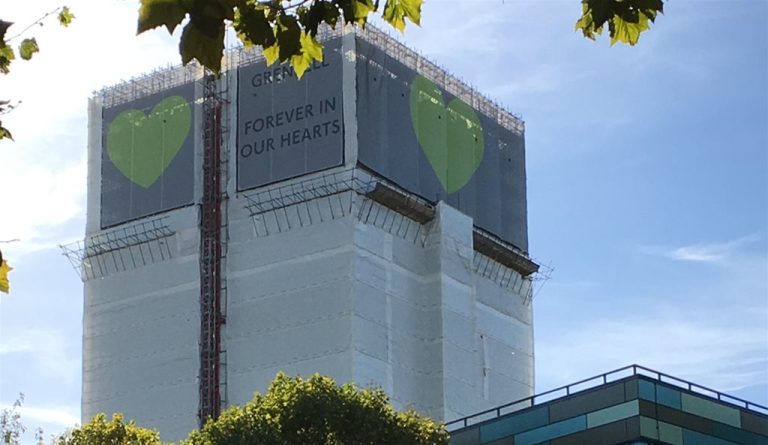The Government introduced the Fire Safety Bill in March 2020 as a first step to deliver the Government’s commitment to implement the Grenfell Tower Phase One Report recommendations. The Fire Safety Bill clarifies under that the Fire Safety Order, owners and/or managers of multi-occupied residential buildings (the “responsible person”) must manage and reduce the risk of fire for the external walls of the building and the entrance doors to individual flats. The House of Commons considered the following amendments on Wednesday, 24 February: Risk-based guidance about the discharge of duties under the Fire Safety Order (two amendments tabled by the Government) Duties of an owner and manager (tabled by Labour) Public register of fire risk assessments (tabled by the Liberal Democrats) Prohibiting the costs of remediation being passed on to leaseholders (tabled by the Liberal Democrats) Risk-based guidance about the discharge of duties under the fire safety order This amendment has been made by Government and it delivers advice from fire safety operational experts to bring the Fire Safety Bill into force on a single date for all buildings. This amendment also ensures that risk-based guidance, which will be issued by the Secretary of State, supports an all at once commencement of the Bill. By taking this approach, the Bill will commence as early as possible after Royal Assent, which means building owners or managers for the highest-risk buildings should take urgent action to update their fire risk assessments. Proof of compliance or a lack of compliance with the risk-based guidance can be used in legal proceedings. Duties of owner and manager This amendment seeks to include, in primary legislation, four new duties on building owners and/or managers. The fire at Grenfell Tower was a tragedy and we are working to ensure that it does not happen again. The Government is, and always has been, committed to delivering the recommendations made in the first phase of the Grenfell Tower Inquiry report. This was a manifesto commitment. However, this amendment is unnecessary as the Government is already putting in place the building blocks to enshrine the Inquiry’s recommendations in law. Between July-October 2020, the Government undertook a three-month consultation exercise where views were sought on how to deliver the Inquiry’s recommendations and to strengthen the Fire Safety Order. Over 200 responses were received to the consultation. The Government is concerned that this amendment ignores over 200 responses received to our Fire Safety Consultation. Our approach has been supported by the National Fire Chiefs’ Council, among others, and it is crucial that we consult with experts to make sure the right changes are made and can be delivered. It is inaccurate and misleading to suggest that: The Government is going back on its commitment to deliver the Inquiry’s recommendations This amendment alone ensures that the Government acts on its commitment to deliver the Inquiry’s recommendations This amendment accelerates the timetable to deliver the Inquiry’s recommendations Public register of fire and risk assessments This amendment will mean that members of the general public will be able to access fire risk assessments for all buildings that the Fire Safety Order applies to. This includes residential buildings, schools, hospitals and prisons. The Government is concerned with the security issue this poses, particularly if this information is accessed by anyone with malicious intent, such as criminals and terrorists. The Government’s position is that information contained in a fire risk assessment should only be accessed by the residents who occupy that building or by others with a legitimate reason to view it, such as fire and rescue services. That is why our Fire Safety Consultation included proposals for building owners and/or managers (the “responsible person”) to provide vital fire safety information to residents, including the fire risk assessments on request. Prohibiting the costs of remediation being passed on to leaseholders The Government supports the intention to protect leaseholders from remediation costs but disagree that the Fire Safety Bill is the right vehicle to address this issue. On 10th February, the Secretary of State for Housing, Communities and Local Government announced a five-point plan to help protect hundreds of thousands of leaseholders from the cost of replacing unsafe cladding on their homes. With an unprecedented £5 billion investment in building safety, (including £3.5 billion announced today (10 February),) the Housing Secretary has already confirmed to the House of Commons that the Government will fully fund the cost of replacing unsafe cladding for all leaseholders in residential buildings 18 metres (six storeys) and over in England. This will ensure funding is targeted at the highest risk buildings in line with longstanding independent expert advice and evidence, with Home Office analysis of fire and rescue service statistics showing buildings between 18 and 30 metres are four times as likely to suffer a fire with fatalities or serious casualties than apartment buildings in general. Lower-rise buildings, with a lower risk to safety, will gain new protection from the costs of cladding removal with a generous new scheme offered to buildings between 11 and 18 metres. This will pay for cladding removal – where it is needed – through a long-term, low interest, Government-backed financing arrangement. Under the scheme, no leaseholder will ever pay more than £50 a month towards the removal of unsafe cladding. This will provide reassurance and security to leaseholders, and mortgage providers can be confident that where cladding removal is needed, properties will be worth lending against. Further details on the Housing Secretary’s announcement can be found here: https://www.gov.uk/government/news/government-to-bring-an-end-to-unsafe-cladding-with-multi-billion-pound-intervention
